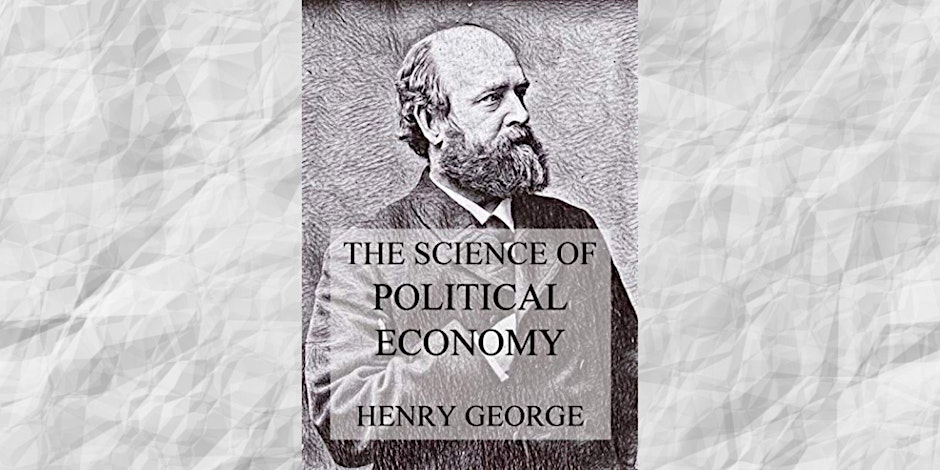
UNDERSTANDING THE BOOM BUST CYCLE
In this 5-session course on the Boom and Bust Cycle, emeritus professor of Economics Dr. Fred Foldvary investigates the link between real estate and economic downturns otherwise known as business cycles. The course will revisit Homer Hoyt’s pioneering work as well as the role of money and interest rates in causing land bubbles.
Session 1: Real estate and the business cycle
Session 2: Mason Gaffney on downturns
Session 3: Homer Hoyt and the cycle
Session 4: Money, interest, and the cycle
Session 5: American land bubbles
Instructor Bio:
Fred Foldvary is a retired professor of economics . He received his Ph.D. in Economics from George Mason University. Foldvary’s scholarly interests include public finance, real estate economics, and social ethics. Foldvary is known for his research and publications on land value taxation, community associations, and business cycles. His books include The Soul of Liberty, Public Goods and Private Communities, Dictionary of Free-Market Economics, and The Depression of 2008. Besides his articles, Fred Foldvary has written columns for www.progress.org and is one the few economists who predicted the 2007 – 2008 financial crisis.
Dates: Mondays – 2/1, 2/8, 2/22, 3/1, 3/8
Time: 6:30PM to 8:00PM EST
5 sessions
A zoom link will be provided via email before the start of the first session.


